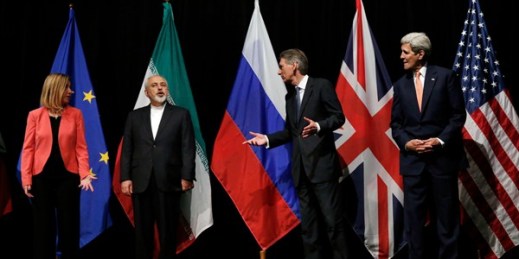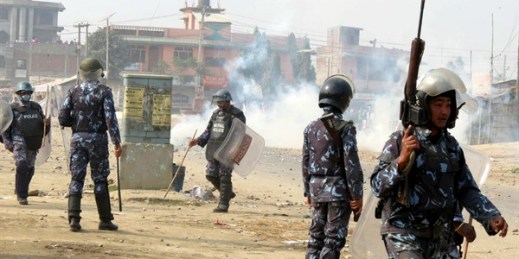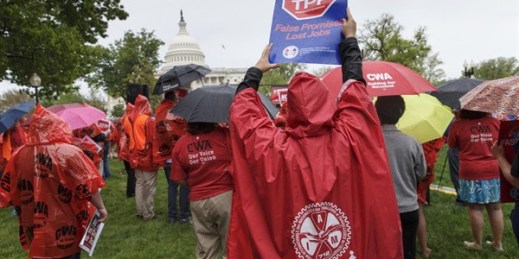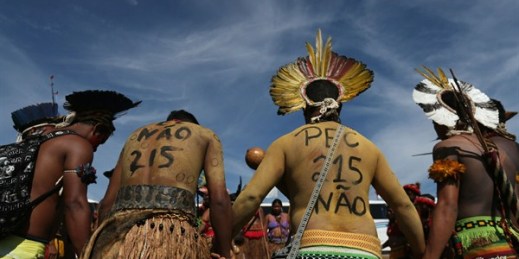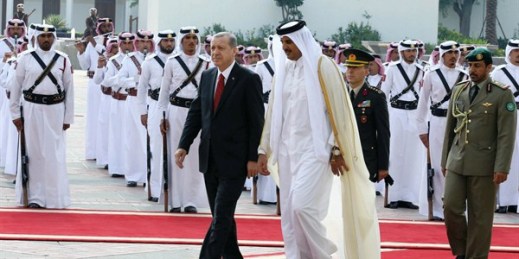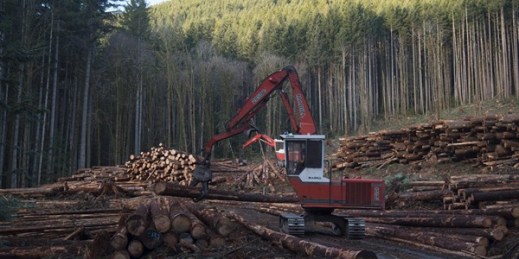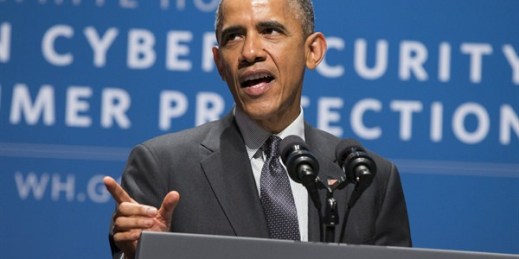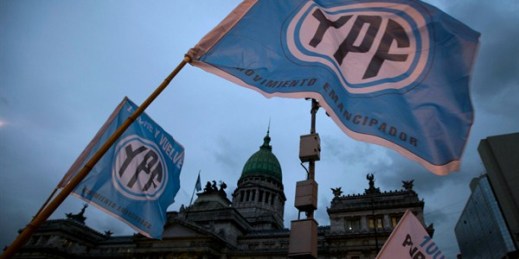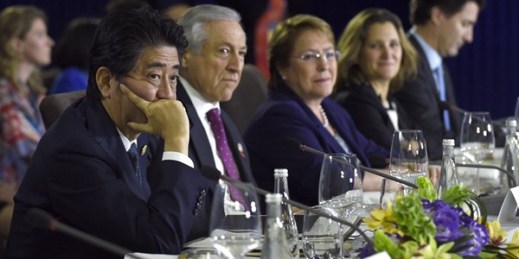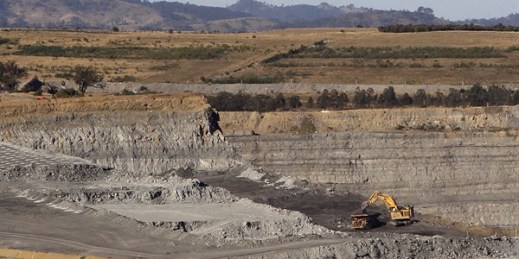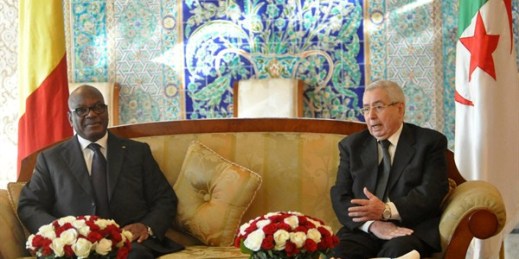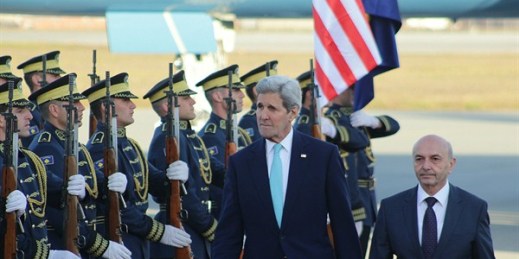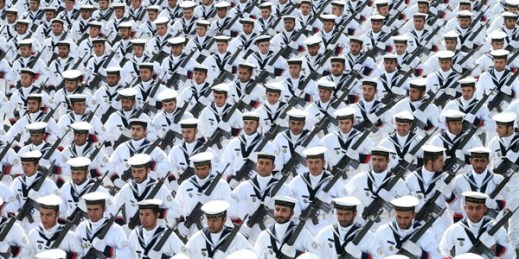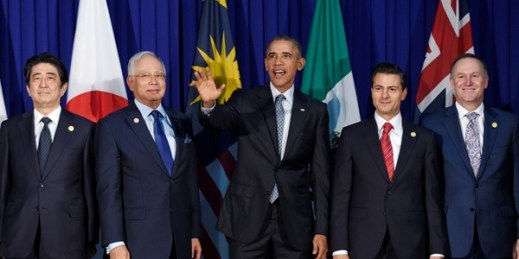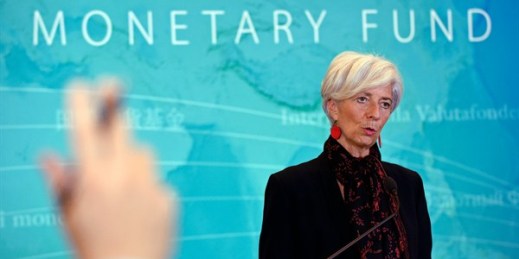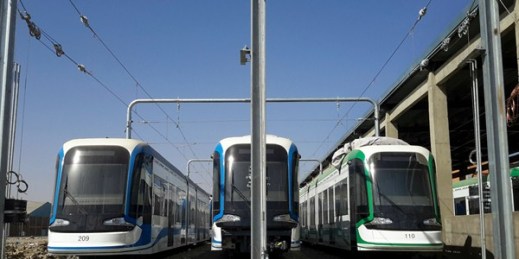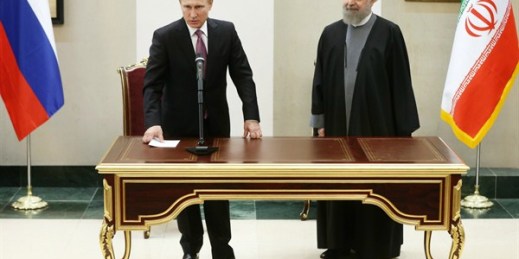
For years, many Western and even Russian analysts expected that a resolution of Iran’s nuclear dispute with the West would weaken ties between Tehran and Moscow. However, in the months since July’s nuclear deal, relations between Iran and Russia have strengthened, while Tehran’s ties with the West have stagnated. The Syrian war, as well as skillful Russian diplomacy, have short-circuited, at least for now, any anticipated Iranian geopolitical reversal after the nuclear deal. Russian President Vladimir Putin’s visit to Iran in late November, the first visit by a Russian president since 2007, was the latest indication of healthy ties. Although […]

